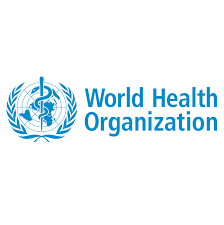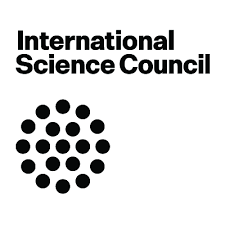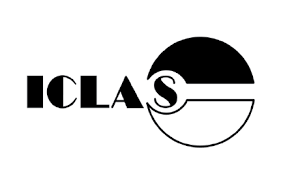To discuss partnership opportunities, please contact us at info@iuis.org or call +49 (0)30 24603-407.
World Health Organization (WHO)

WHO’s primary role is to direct and coordinate international health within the United Nations system. The main working areas are:
- Health systems
- Promoting health through the life-course
- Non communicable diseases
- Communicable diseases
- Corporate services
- Preparedness, surveillance and response
For more information, please visit the official website of the World Health Organization here.
International Science Council (ISC)

The International Science Council (ISC) is a non-governmental organization with a unique global membership that brings together 40 international scientific Unions and Associations and over 140 national and regional scientific organizations including Academies and Research Councils.
ISC’s mission is to strengthen international science for the benefit of society. To do this, ISC mobilizes the knowledge and resources of the international science community to:
- Identify and address major issues of importance to science and society
- Facilitate interaction amongst scientists across all disciplines and from all countries
- Promote the participation of all scientists – regardless of race, citizenship, language, political stance, or gender – in the international scientific endeavor
- Provide independent, authoritative advice to stimulate constructive dialogue between the scientific community and governments, civil society, and the private sector
The ISC was created in 2018 as the result of a merger between the International Council for Science (ICSU) and the International Social Science Council (ISSC).
For more information, please visit the official website of the International Science Council here.
International Council for Laboratory Animal Science (ICLAS)

The goals of ICLAS are:
- To promote and coordinate the development of Laboratory Animal Science throughout the world and particularly in developing countries
- To promote international collaboration in Laboratory Animal Science
- To promote quality definition and monitoring of Laboratory Animals
- To collect and disseminate information on Laboratory Animal Science
- To promote world-wide harmonization in the care and use of laboratory animals
- To promote the humane use of animals in research through recognition of ethical principles and scientific responsibilities
- To promote the ‘3R’ tenets of Russell and Burch
For more information, please visit the official website of ICLAS here.
Standing Committee for Gender Equality in Science (SCGES)

In order to promote gender equality in science, a number of international organizations who took part in the project A Global Approach to the Gender Gap in Mathematical, Computing, and Natural Sciences: How to Measure It, How to Reduce It? wish to act together to further promote this goal by continuing and enlarging the work accomplished so far, in particular by supporting women and girls’ equal access to science education, fostering equal opportunity and treatment for females in their careers. For this purpose, they established a Standing Committee for Gender Equality in Science (SCGES) in September 2020. IUIS became a a member of SCGES since april 2022.
For more information about SCGES, please visit this link.
Federation of Clinical Immunology Societies (FOCIS)

The Federation of Clinical Immunology Societies is a key forum where opinion leaders come together to chart the path to the next major breakthrough in disease therapy.
Through FOCIS, researchers and clinicians share knowledge across traditional disease borders, and identify commonalities between treatments and therapies that are life-changing for those impacted by immune-mediated diseases.
To learn more about FOCIS, please see this link. You can also gather more information regarding its annual meetings and member societies using the links below:
